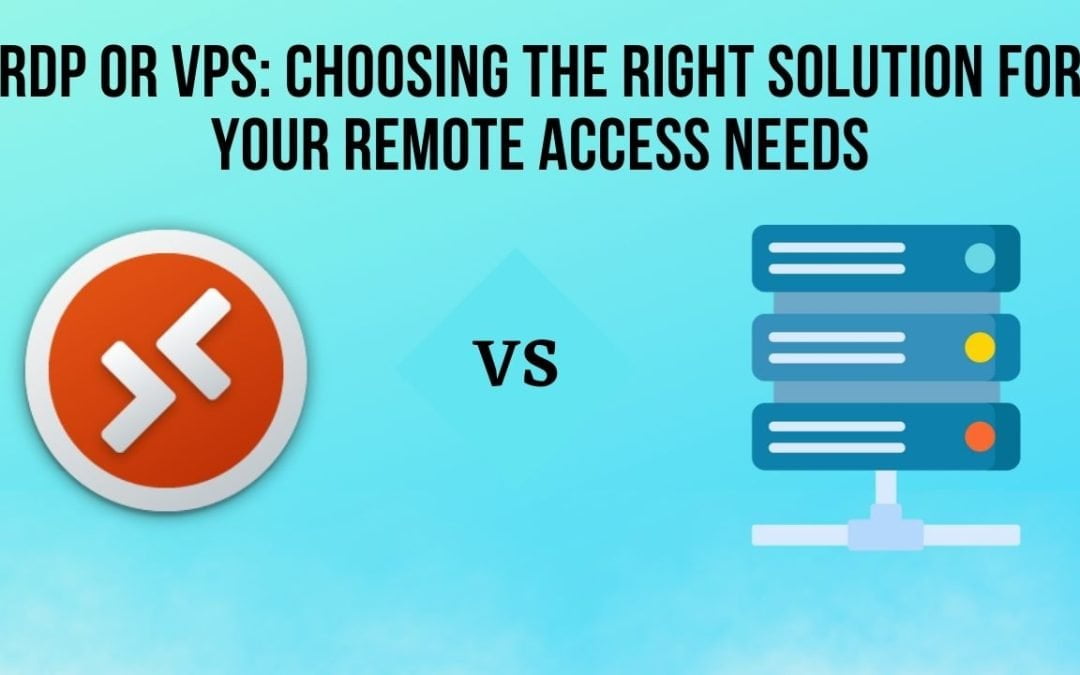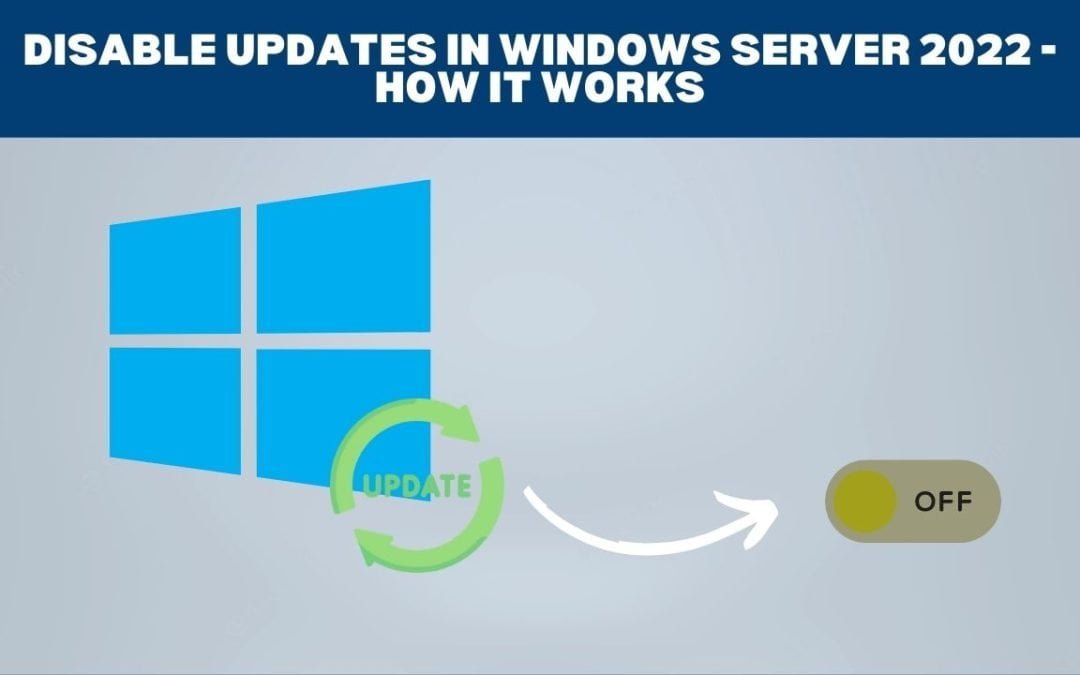Leading 5: Free cPanel Substitutes for Website Control

Discover the best free cPanel alternatives for seamless web hosting! Enhance your website management with these top-rated, cost-free control panels today!
1. Ajenti cPanel
Ajenti is designed for small to medium-sized businesses and individual users who need a lightweight, user-friendly control panel.
Pros:
- Ajenti provides an intuitive interface, allowing users to easily navigate and manage their servers.
- It is lightweight, making it ideal for systems with limited resources.
- It supports multi-server management from a single dashboard, enhancing scalability.
Cons:
- Ajenti may lack integration with some third-party applications and services compared to more established solutions.
- It may be limited in advanced features, making it suitable mainly for basic server management tasks.
2. Vesta cPanel
Vesta CP caters to developers and small businesses seeking a simple yet powerful control panel solution.
Pros:
- Vesta CP is known for its simplicity and ease of use, making it accessible to users with varying levels of technical expertise.
- It supports multiple web servers, allowing users to host websites on different platforms or configurations.
- Incorporates security features such as firewall management and SSL certificate installation, enhancing website security.
Cons:
- While suitable for small to medium-sized projects, Vesta CP may lack scalability for large-scale deployments or enterprise-grade applications.
- Some advanced features available in commercial solutions may be missing in Vesta CP, limiting its suitability for complex hosting environments.
3. Webmin
Webmin caters to Linux system administrators and enthusiasts seeking a highly configurable control panel solution.
Pros:
- Highly Configurable: Users can extensively customize the control panel to suit their specific requirements.
- Extensive Documentation: Benefit from comprehensive documentation and community resources, aiding in installation, configuration, and troubleshooting.
- Modular Architecture: Supports various modules and plugins, allowing users to seamlessly extend functionality and integrate additional features.
Cons:
- Learning Curve: Users may encounter a steep learning curve, particularly those with limited experience in server administration and Linux systems.
- Command-line Interaction: Some advanced tasks may necessitate command-line interaction, requiring familiarity with Linux commands and shell scripting.
4. CyberPanel
CyberPanel targets developers, small to medium-sized businesses, and hosting providers seeking a lightweight and feature-rich control panel solution.
Pros:
- LiteSpeed Web Server: CyberPanel includes LiteSpeed Web Server, renowned for its high performance and efficient resource utilization.
- One-Click Installer: Simplifies the installation process for popular web applications like WordPress, Joomla, and Drupal.
- Integrated Email Services: Offers built-in email services, including support for SMTP, IMAP, and POP3, enhancing email management capabilities.
- Security Features: Incorporates security features such as ModSecurity and SSL/TLS management to ensure website security.
- Cloud Integration: Supports integration with popular cloud providers like AWS, Google Cloud, and DigitalOcean, enabling seamless deployment and scalability.
Cons:
- Learning Curve: While user-friendly, CyberPanel may have a learning curve for users unfamiliar with its interface and functionalities.
- Technical Support: Limited official support compared to more established control panels, although community support is available through forums and documentation.
Adding CyberPanel to the list provides users with another option to explore based on their specific hosting requirements and preferences.
5. Froxlor
Froxlor caters to system administrators and hosting providers seeking an open-source, modular control panel solution.
Pros:
- Open-source: Froxlor’s open-source nature allows for customization and community contributions, ensuring continuous development and improvement.
- Modular Design: Its modular architecture enables users to extend functionality and adapt the control panel to their specific needs.
- Multiple PHP Versions: Supports multiple PHP versions, providing flexibility for hosting various web applications.
Cons:
- Learning Curve: Froxlor has a steeper learning curve compared to some other alternatives, requiring users to invest time in understanding its architecture and features.
- Feature Set: While comprehensive, Froxlor may lack some advanced features found in commercial solutions, limiting its suitability for complex hosting environments.
Explore More; What Is a VPS Service for Forex Trading?
Our Plans; GPU Servers Plan & Pricing




